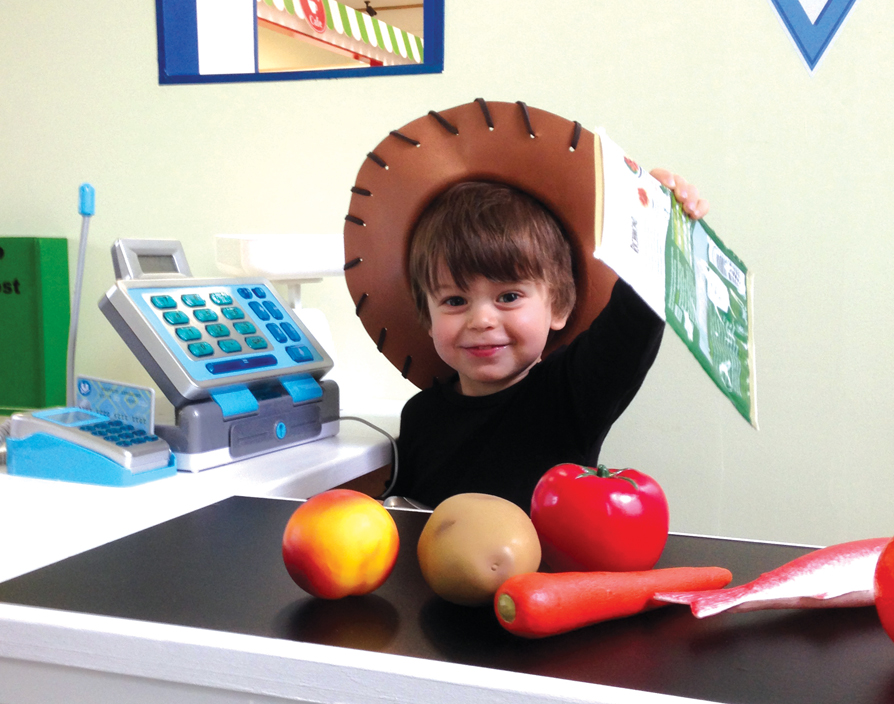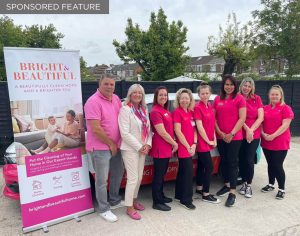While the founders of Little Street, the children’s play centre that encourages kids to role-play in a miniature town, had discussed the idea of running their own business, it was only when ill health struck that they decided to make a go of it. “My husband was diagnosed with epilepsy, which meant he lost his driving license,” says Hannah Elbaum, the franchise’s co-founder. “So suddenly he had to leave his job and his career options were limited.” As Elbaum had previously worked in HR and project management and her husband Shay in hospitality management, they knew they had the skills needed to build something new. But given they had young children to look after, the couple knew they had to find an opportunity that fitted around family life. “We were looking at ways we could both work but also be around to raise our own kids,” Elbaum says.
Sometimes entrepreneurs find that the perfect business concept is right under their noses but the Elbaums ultimately found their inspiration considerably further afield. “We were on a holiday and went to a soft-play centre that happened to have a few role-play rooms,” she says. “We were completely blown away by the concept.” And when some cursory research revealed that there wasn’t anything like it back in Blighty, the couple realised this was the perfect opportunity to bring something completely new to market. “From that moment, we knew we were going to do this,” she says. “We started planning the day we landed in the UK.”
And this didn’t just involve jotting down a quick business plan on the back of a napkin. “We knew fairly early on how we wanted it to look and how we wanted our customers to engage with the facilities,” says Elbaum. “But for the actual operational side of running the business, we had to do a phenomenal amount of research.” Many hours of late-night googling and phone calls to the council helped the entrepreneurs iron out everything from health and safety requirements to the kind of coverage they would need from insurers. And resolving to research the new business’s potential market, they also put out a SurveyMonkey questionnaire on Facebook and local parenting groups. “1,000 people responded and gave us feedback about their pricing expectations and what their priorities were in terms of children’s play centres,” Elbaum says. “That enabled us to start doing our financial model and working out what our break-even point and pricing would be.”

Josh Russell
When he isn't tooling around on trains in a tux like the Daniel Craig of the Greater Anglia transport system, Russell spends his time living the glamourous life of an enterprise journalist, judging Digital Business of the Year at the National Business Awards and attending conferences like NixonMcInnes' Meaning 2013. However, like all good secret agents, Russell lives a double life - in his case, as a closet revolutionary. Social enterprise, sustainable business and collaborative practices are his true passions, something that he has had plenty of opportunity to air in his features here at Elite Franchise.

Josh Russell
When he isn't tooling around on trains in a tux like the Daniel Craig of the Greater Anglia transport system, Russell spends his time living the glamourous life of an enterprise journalist, judging Digital Business of the Year at the National Business Awards and attending conferences like NixonMcInnes' Meaning 2013. However, like all good secret agents, Russell lives a double life - in his case, as a closet revolutionary. Social enterprise, sustainable business and collaborative practices are his true passions, something that he has had plenty of opportunity to air in his features here at Elite Franchise.
































